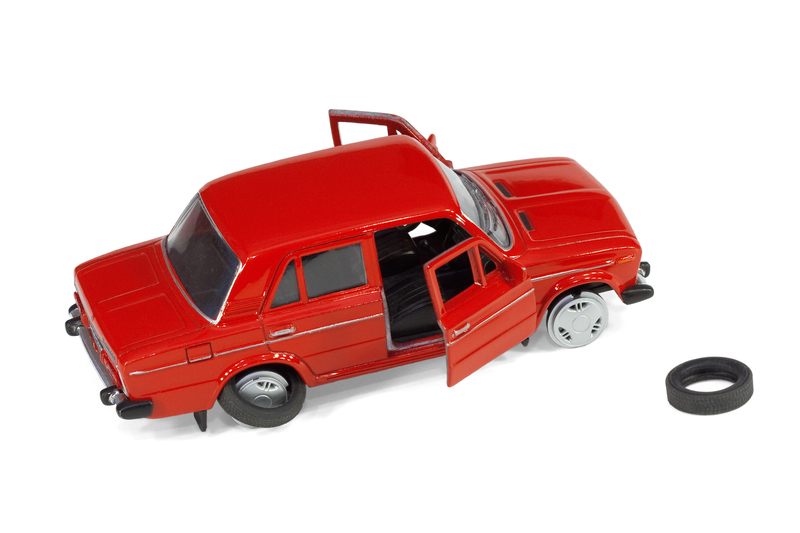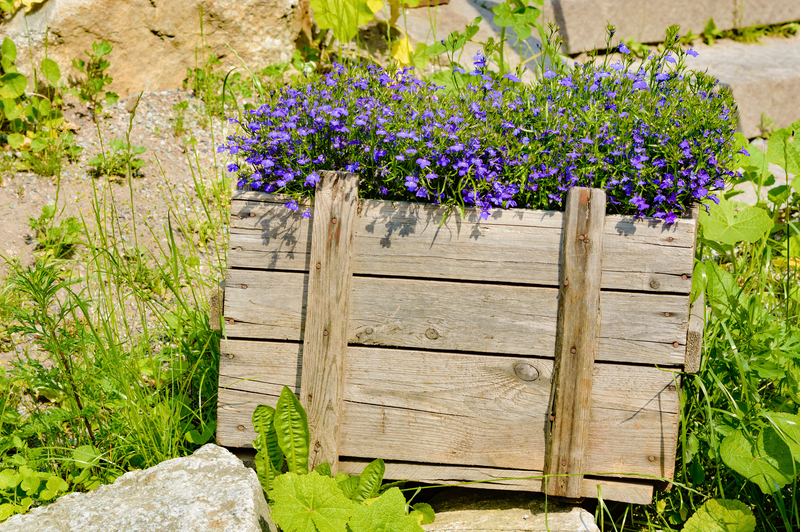Streamline Your Home Waste with Effective Recycling Tips
Managing your household waste efficiently is not just about keeping your living space tidy--it's also about making a positive impact on the environment. With the world generating over 2 billion tonnes of municipal solid waste each year, every effort at home counts. Streamlining your home waste with effective recycling tips can reduce your carbon footprint, conserve natural resources, and even save you money. In this comprehensive guide, you'll discover practical and actionable advice for making recycling an easy, impactful part of your daily life.
Why Home Waste Management Matters
Proper home waste management isn't merely a household chore. It's a crucial habit that supports global efforts to combat pollution, climate change, and resource depletion. By adopting efficient recycling practices, families can:
- Reduce landfill waste and pollution
- Conserve natural resources by giving materials a second life
- Cut down on greenhouse gas emissions caused by waste decomposition
- Save on waste disposal costs or even generate income through recycling programs
- Educate future generations about environmental responsibility

Understanding the Basics: What Can and Cannot Be Recycled?
Before you can recycle your home waste effectively, it's vital to know which items are recyclable and which are not. This knowledge prevents contamination of recyclable streams and ensures materials truly get a new life.
Common Recyclable Materials
- Paper: Newspapers, magazines, office paper, cardboard, junk mail
- Plastics: Most beverage bottles, detergent containers, some food packaging (look for recycling codes 1 and 2)
- Glass: Bottles and jars (rinse before recycling)
- Metals: Aluminum cans, tin cans, clean foil
Non-Recyclable Materials
- Soiled food containers (greasy pizza boxes, unwashed food trays)
- Ceramics, Pyrex, and crystal glassware
- Plastic bags and film (unless collected separately through store drop-offs)
- Styrofoam and polystyrene foam products
- Hazardous waste: Batteries, electronics (need special handling)
Preparing Recyclables: A Simple, Essential Task
Proper preparation ensures your recyclables don't end up in the trash. Here's how to streamline the process:
- Rinse all containers to remove food residue and avoid contamination.
- Remove caps or lids where required, as many programs process these differently.
- Flatten cardboard boxes to save space in your bin.
- Keep materials dry--wet paper, for instance, can't usually be recycled.
Tip: Create a cleaning routine to make preparation quick and easy--keep a brush or sponge near your recycling bin to swiftly rinse containers before tossing them.
Setting Up an Efficient Home Recycling System
Choose Strategic Locations
Place recycling bins in high-traffic areas of your home to encourage consistent use. The kitchen, home office, and garage are common spots. Make sure bins are clearly labeled with what belongs in them.
Use Multiple Bins
- Separate bins for paper, plastics, metals, and glass prevent mix-ups and facilitate easier drop-off or pick-up.
- Consider a small compost pail for food scraps if your city offers organic waste programs or you want to compost at home.
Maintain a Routine Schedule
- Set reminders for recycling collection days so nothing gets missed.
- Routinely check that bins aren't contaminated with the wrong items.
Composting: The Unsung Hero of Home Waste Reduction
Composting is nature's recycling. It transforms organic waste like food scraps and yard trimmings into nutrient-rich soil, keeping valuable material out of landfills.
What Can and Cannot Be Composted?
- Compost-friendly: Vegetable and fruit peels, eggshells, coffee grounds, tea bags, yard leaves
- Avoid composting: Dairy products, meat, bones, oils, diseased plants, pet waste
Getting Started with Composting at Home
- Choose a compost bin or build a simple backyard pile
- Balance 'greens' (food scraps) with 'browns' (leaves, cardboard)
- Turn the pile regularly to aerate and speed up decomposition
Troubleshooting Household Recycling Challenges
Even the most organized home recycling systems can face hurdles. Here's how to address common issues:
Contamination in Bins
Educational signage goes a long way--post clear, pictorial guides above bins to reduce the chances of the wrong items ending up in the wrong place. Emphasize the importance of rinsing and drying recyclables.
Limited Space
If space is tight, opt for stackable bins or compact under-sink containers. Regularly empty bins to avoid overflow.
Local Recycling Rules
Recycling guidelines can differ by town or city. Check your municipality's website or contact the local waste authority for specific instructions, accepted materials, and collection days.
Special Recycling Programs for Unusual Items
Some household items don't fit in regular curbside recycling programs, but they can still be recycled through special channels:
- Batteries and light bulbs: Collected at many electronics or hardware stores
- Textiles and clothing: Local charity shops or dedicated clothing recycling bins
- Electronics (e-waste): Many cities offer e-waste events or drop-off centers
- Plastic film: Store drop-off points for plastic bags, wrappers, and films
- Hazardous household chemicals: Yearly hazardous waste collections in many communities
Tips to Reduce, Reuse, and Then Recycle
Remember that the first step in streamlined home waste management is to reduce waste before it needs recycling. Here's how:
- Opt for products with minimal packaging.
- Carry reusable bags, bottles, and containers to avoid single-use plastics.
- Repair or repurpose items rather than discard them.
- Buy in bulk to cut down on packaging.
- Host clothing swaps with friends instead of buying new.
When an item really is at the end of its life, then move to recycling or composting as appropriate.
Streamline Waste: Embracing New Recycling Technologies
Keeping pace with recycling innovation can make the process even easier. Many communities have introduced new sorting technologies, mobile apps for collection schedules, or even "smart" bins that help track recycling habits. Connect with your municipal waste management provider to see if these options are available in your area.
Common Tech Solutions for Home Recycling
- Barcode scanning apps to check item recyclability
- Household recycling reminder systems
- Subscription bins for special materials (e.g., electronics, textiles)
Engage the Whole Family for Sustainable Success
Engaging everyone in your household fosters a culture of sustainability. Make recycling an activity that all family members can participate in--assign "recycling duties" to children, discuss the impact of waste at family meetings, or make a game out of sorting recyclables.
For example:
- Let kids decorate recycling bins with colorful signs.
- Create a reward chart for consistent recycling habits.
- Explore recycling-themed educational resources (books, games, videos).

Frequently Asked Questions: Home Waste and Recycling
What happens to recyclables after they're collected?
After your local hauler collects recyclables, they're sorted at a Material Recovery Facility (MRF). Clean and properly sorted materials are sold to manufacturers to be reprocessed into new goods. Contaminated loads may end up in landfills, highlighting the importance of careful sorting at home.
Can plastic bags go in the curbside recycling bin?
Most curbside programs do not accept plastic bags because they can tangle in machinery at sorting facilities. Instead, bring them to participating grocery stores for safe recycling.
How clean must recyclables be?
Items should be "empty, clean, and dry." Quick rinsing is enough--no need to scrub off every tiny residue. Wet or soiled items, especially food containers, should go into the trash or compost (if suitable).
Conclusion: Transform Your Home with Smart Recycling Habits
Streamlining home waste with effective recycling tips isn't just about personal convenience--it's a pathway to a more sustainable, waste-free future. By reducing, reusing, and recycling, you'll contribute to a healthier planet and set a positive example for those around you.
Start small--maybe with labeled bins or a weekly sorting routine--and celebrate progress along the way. Over time, recycling becomes second nature, and your household can be proud of its green impact!
Ready to take your home recycling to the next level? Share your own tips and success stories in the comments below, and let's empower our communities--one less trash bag at a time!